Like so many of you, I am confounded and angered by the government shutdown brought on by irresponsible Congressional Republicans. While the principal players try to resolve this calamity (and it may get worse), the rest of us are driven to ask about the roots of such a crisis. And they are manifold, ranging from the fears of a withering White majority to the gerrymandered districts at the mercy of extremely rich individuals, corporations, and interest groups. In the Southern Appalachians, where I live, a concatenation of poverty, ill health, ignorance, and racist fears has been heated to a boiling point that overspills in domestic violence, ecological destruction, and Tea Party extremism. The Congressman from our recently gerrymandered district (Mark Meadows) was a key leader in the shut-down movement.
So, as Martin Luther King, Jr, said, Where do we go from here? There are many strategies and tactics that I am sure thoughtful people of good will are working on. As I reflect on a sane and impartial way to draw Congressional and legislative districts, on rebalancing priorities between armaments, espionage, and human services, and how to better educate all our people, I am driven back to a core cultural problem that we face: What is it to be an American? Just as Syrians, Iraqis, Europeans, and most of the world are confronting these questions of collective identity, so must we.
And this is not a question of rights or collective rights, as I pointed out recently. It is a question of mutual obligations, empathy, and responsibility, both among existing inhabitants of this land and also with future generations. This is the core question underlying policies of health care, social security, education, environmental sustainability, and control of weapons.
I am religiously averse to religious appeals to flag, pledges of allegiance, and other checklists for being part of the American in-group. I am deeply suspicious of appeals that take the place of our loyalty to the Creator of the universe, including us earthlings and our fellow creatures. However, as the present crisis sinks into my deeper sensibilities, I find there a residual deep commitment to a renewed and proper patriotism, or should we call it a matriotism? What does it mean to commit ourselves to a common good rooted in a common land, a common though tortured history, a common calling among the peoples of the planet? Well, that’s the question for me right now. I’d appreciate your own comments. You just click on the word “Comments” under the title up above.
Here’s the poem that erupted and led me into this exploration of unity, place, and commonality – In Pluribus Nihil.
They ripped the flag to pieces
wrenched the stars from galaxies
tore them from their planetary hive
to spin in solitary liberty,
the spangles blank and silent
pledging only rage
against the emptiness of freedom,…

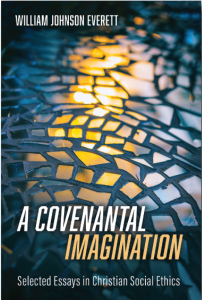
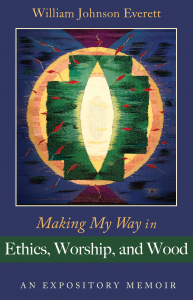
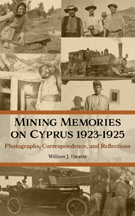
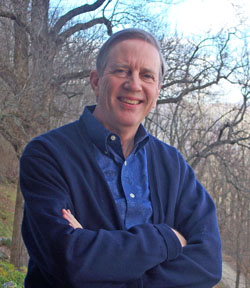
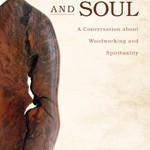
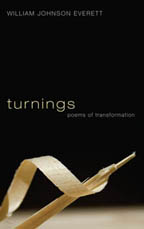
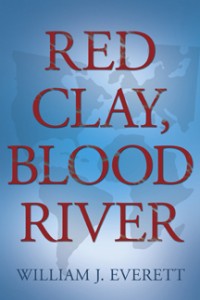 Red Clay, Blood River
Red Clay, Blood River
Thanks, Glenda. Long-standing resentments and feelings of exclusion can result in rage. This is different, I think, from anger, which has an object and some ability to calculate consequences of action. Rage is undirected and literally “irresponsible.” I think this is what we are confronted with.
Well said, Bill. It is frightening to me to hear some of the rhetoric of local people, most of whom I had thought were reasonable people. For the first time in my life, I can imagine how the war between the states erupted and the long simmering hatred spewed out like a volcano’s hot fire and spread over a once peaceful land.